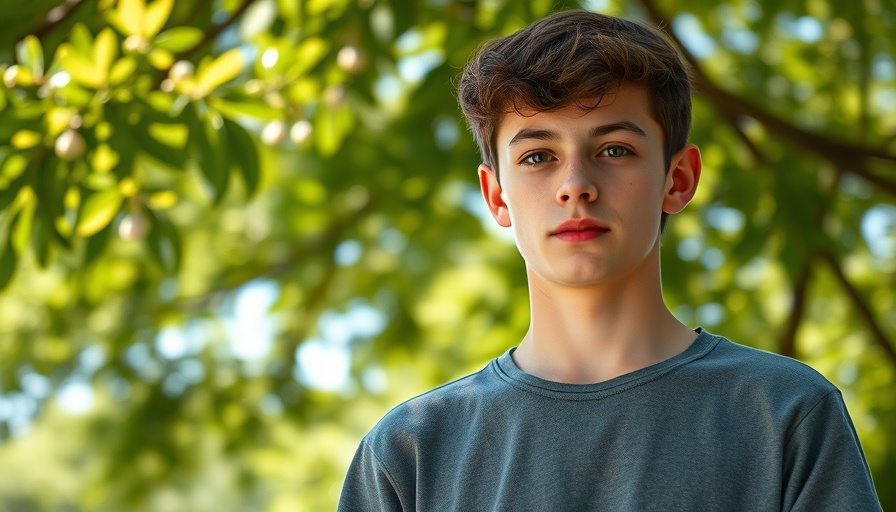
The Accountability in Tragic Incidents: A Case Study
The recent shooting of Ralph Yarl, a Black teen who mistakenly rang the doorbell of a White homeowner in Kansas City, has ignited a firestorm of debate across the United States. The homeowner has since turned himself in to face charges, symbolizing not only the personal accountability of individuals in these tragic situations but also reflecting broader societal issues of race and gun violence.
Understanding the Context of Racial Tensions
Historical context is vital in understanding the gravity of incidents like this one. The United States has a long and painful history where racial injustices have shaped societal dynamics. In 2020, for instance, the deaths of George Floyd and Breonna Taylor prompted widespread protests and demands for accountability in law enforcement and systemic racism. Yarl’s encounter, though not directly related to law enforcement, taps into the anxieties and fears prevalent in communities where racial tensions continue to simmer.
The Emotional Toll on Victims and Communities
Ralph Yarl's experience is not just a personal trauma; it reverberates throughout the community. Following such incidents, empathy and support for the victims are critical for healing. Community leaders and advocates stress the importance of dialogue that can foster understanding and unite people across racial lines. This tragedy reminds us that systemic issues require collective responsibility.
Legal Ramifications and Systemic Changes
The shooting raises important questions about legal ramifications for individuals who resort to violence out of misunderstanding or fear. It poses an opportunity for a reflection on the laws governing self-defense and how they may disproportionately affect certain racial groups. Experts suggest that reevaluating these laws is essential in fostering a safer environment conducive to equitable living.
Future Implications: Addressing Systemic Violence
As the nation digests the details surrounding this event, there is a pressing need to address systemic violence and gun control laws. Advocates argue that stronger regulations, better education on conflict resolution, and community engagement can reduce misunderstandings that lead to violence. Considering the escalation of gun violence in homes across America, proactive measures are essential.
Taking Action: Community and Individual Responsibility
Communities, families, and individuals must engage with this issue head-on. Advocacy for educational programs that teach empathy and the importance of understanding others' perspectives can create long-term change. Engaging in local discussions about race relations and gun safety can further push communities toward a proactive approach to prevent tragedies.
In light of Ralph Yarl’s terrifying ordeal, it is crucial for society to reflect on how we engage with one another. The implications of his experience extend beyond personal trauma; they challenge us to think critically about race, self-defense laws, and the collective responsibility we carry to create safer communities.
As Ralph Yarl begins the path to recovery, it is a moment for all of us to consider how we can contribute to preventing such incidents from happening again. Let’s advocate for dialogue, education, and systemic changes that foster understanding and respect.
 Add Row
Add Row 
 Add
Add 


 Add Row
Add Row 
 Add
Add
Write A Comment